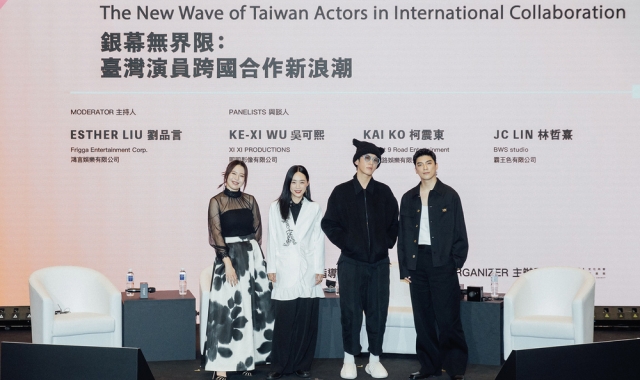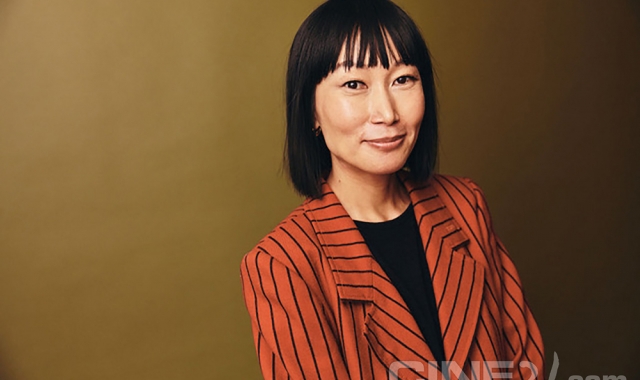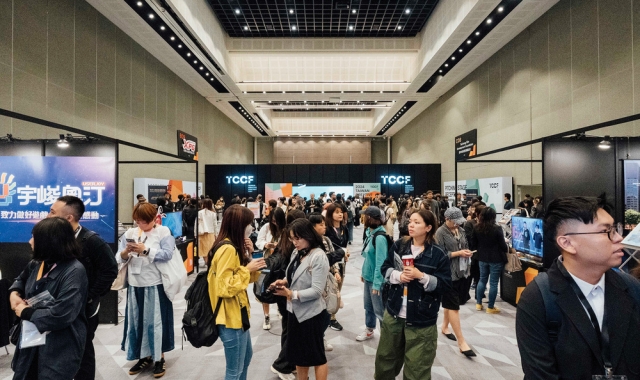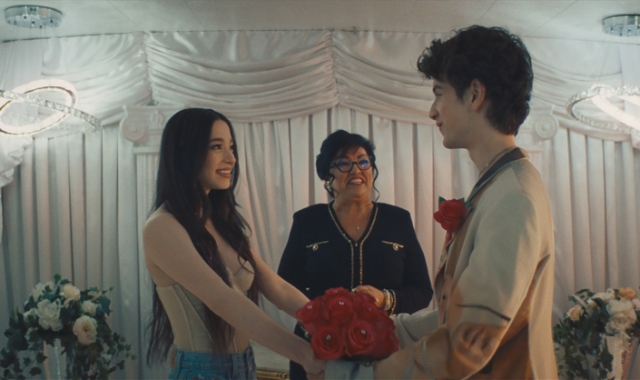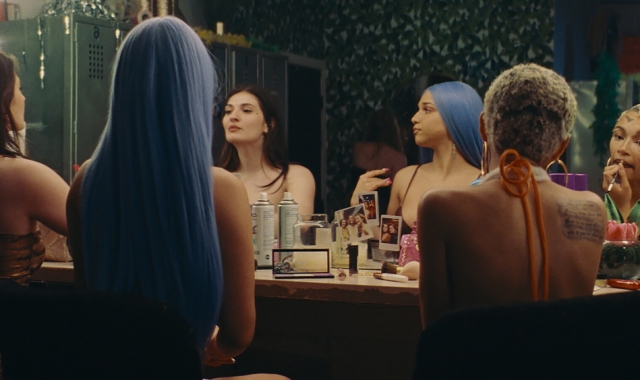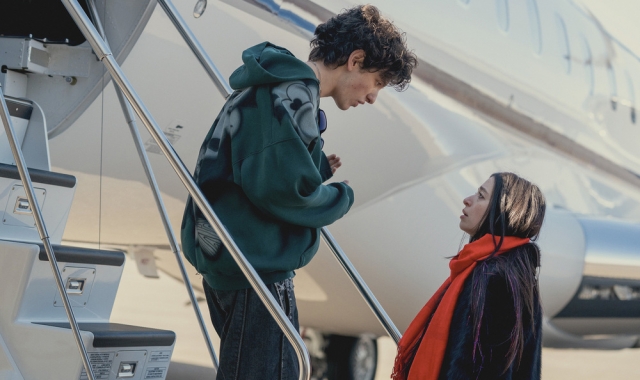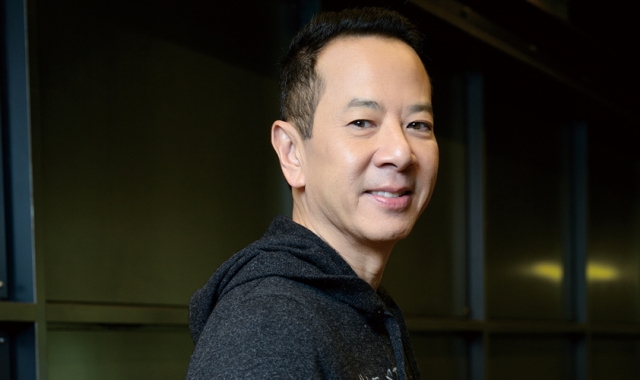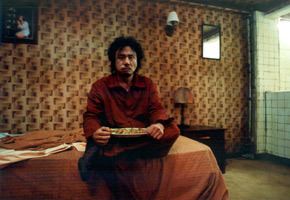
봄, 많은 영화인들이 국제 영화계의 변덕스러운 연인 칸을 떠올리는 계절이다. 특히나 박찬욱 감독의 <올드보이>(사진)와 함께 홍상수 감독의 <여자는 남자의 미래다>가 5월 중순 칸 경쟁부문에서 상영될 예정인 만큼 홍 감독도 그럴 것이다.
1975년 경쟁부문에 진출했던 호금전 감독의 <협녀>와 80년대 초 경쟁부문에 올랐던 리노 브로카 감독의 필리핀영화 몇편을 제외하고, 지난 30년간 칸 공식부문(즉 경쟁부문과 비경쟁 섹션인 ‘주목할 만한 시선’)에서는 동아시아영화의 새로운 흐름들을 인정하는 데는 뒤처진 편이었다. 2000년 <춘향뎐>으로 임권택 감독은 칸 경쟁부문에서 ‘인정한’ 첫 한국 감독이 되긴 했지만, 칸이 한국영화에 좀더 젊고 현대 중심의 인재가 서구영화로 도배된 라인업에 같이 설 ‘자격’을 인정하는 것은 올해가 처음이다.
모두 프랑스 사람들인 칸의 작품선정자들은 동아시아영화에 대해선 아주 특수한 취향을 지녔다. 동양의 신비로움을 보여주는 것(<국두> <패왕별희> 등)이거나 유럽 취향을 반영한 지적인 예술영화를 선호하는 것이다. 홍 감독의 영화는 후자에 속한다고 할 수 있는데, ‘주목할 만한 시선’에 <강원도의 힘>과 <오! 수정> 두편을 출품하고, 2002년 <생활의 발견>으로 같은 부문의 초청을 거절한 뒤 <여자는…>으로 드디어 동경의 경쟁부문에 진출했다.
우연의 일치로 올해는 칸 공식부문에서 한국영화가 처음 상영된 지 20년이 되는 해이다. 1984년 이두용 감독의 <여인 잔혹사: 물레야 물레야>가 ‘주목할 만한 시선’ 부문에서 상영됐다. 본인이 소속된 <버라이어티>는 당시 칸에서 그 영화를 평조차 하지 않았고, 반년 뒤에야 일찍이 동아시아영화에 적극적이었던 런던영화제에서 비로소 살피게 됐다. 당시 평론을 썼던 데이비드 스트레튼은, “한국영화는 국제행사에 가끔씩 얼굴을 내비치고, 주요 영화제 경쟁부문에는 거의 나오지 않는다. 그렇지만 여러 가지 조짐으로 미루어보건대 연간 100편을 만들어내는 한국 영화산업에는 많은 인재가 포진하고 있으며 <물레야 물레야>는 바로 이를 입증하고 있다”고 썼다.
그러나 그뒤 ‘주목할 만한 시선’에 다시 한국영화가 나오기까지는 5년이 지났다. 이는 배용균 감독의 끝없이 긴 철학소고 <달마가 동쪽으로 간 까닭은?>이었고, 1998년 홍상수 감독의 <강원도의 힘>이 상영하기까지는 또 9년이 지났다. 그동안 한국영화는 베를린이나 베니스 같은 다른 권위있는 영화제 및 칸 비공식 부문에 많이 출품됐다. 그러나 국제 언론이 주목하고 있는 연례행사는 칸 공식부문, 특히 경쟁부문이다. 이는 세계 영화계에서 가장 크고 많은 판돈이 걸린 도박판인 셈이다.
외신기자클럽은 홍상수 감독과 그의 동료 박찬욱 감독이 칸 경쟁부문에 한국영화의 깃발을 드높일 때 행운을 기원한다. 박 감독에게 마지막 순간에 경쟁부문에 진출하게 된 것은 특히나 더 달콤하지 않을까 싶다. 2년 전 칸이 <복수는 나의 것>을 거부한 뒤 영화는 세계적 명성을 얻게 됐다. 젊은 세대 한국영화는 노력 끝에 이제 큰 판에서 한 자리를 차지하긴 했지만, 그래도 능력있는 국제 홍보 전문을 구해야하는 것은 마찬가지다.
It's spring, when many filmmakers' thoughts turn to that fickle mistress of international cinema - Cannes. And none more so than those of Hong Sang-soo, whose "Woman Is the Future of Man" is set to play in Competition in mid-May, alongside Park Chan-wook's "Old Boy."
Apart from King Hu's "A Touch of Zen," [Hyeop yeo] which competed in 1975, and a couple of Filipino films by Lino Brocka which competed in the early '80s, Cannes' Official Selection (i.e. the Competition and the non-competitive sidebar Un Certain Regard) has been slow to recognise new developments in East Asian cinema during the past 30 years. In 2000, with "Chunhyang," Im Kwon-taek became the first Korean director to be "recognised" by Cannes' Competition; but this is the first year in which the festival has finally acknowledged South Korea has younger, contemporary-oriented talent "worthy" of a place in its western-heavy lineup.
Cannes' selectors - all French - have very specific tastes when it comes to East Asian cinema, preferring either oriental exotica ("Judou," "Farewell My Concubine," etc.) or intellectual, arthouse movies that reflect European tastes. Hong's films fit into the second category and, after having two movies in Un Certain Regard ("The Power of Kangwon Province," "Virgin Stripped Bare by Her Bachelors"), and turning down a third invitation to Un Certain Regard in 2002 (for "Turning Gate"), Hong has finally been invited into the hallowed Competition with "Woman."
Coincidentally, this year is the 20th anniversary of the first appearance by a Korean movie in Cannes's Official Selection: in 1984, Lee Doo-young's "The Wheel" [Yoinchanhoksa: mulleya mulleya] played in Un Certain Regard. My own newspaper, "Variety," didn't even review the film from Cannes; six months later it caught it at the London Film Festival, an early champion of East Asian cinema.
"Korean films surface only sporadically at international fests," wrote our reviewer, David Stratton, "and rarely in competition at the major events. Yet the indications are that South Korea's film industry, producing 100 features a year, has plenty of talent and 'The Wheel' is further evidence of this."
However, it was five years before another Korean film showed up in Un Certain Regard - Bae Yong-kyun's interminable philosophical essay, "Why Did Bohdi-Dharma Leave for the Orient?" [Darmanga tongjoguro kan kkadalgun?] - and a further nine years before Hong's "Kangwon Province" showed in Un Certain Regard, in 1998.
Plenty of South Korean films have shown at other prestigious festivals (Berlin, Venice) and in non-official Cannes sidebars. However, the annual focus of the international media is on Cannes' Official Selection, and especially the Competition, the film world's biggest, high-stakes casino.
The Foreign Journalists' Club sends its best wishes to both Hong and his colleague Park Chan-wook as they hold the Korean flag high in Cannes' Competition this year. For Park, the last-minute place in Competition is especially sweet, considering that two years ago Cannes rejected "Sympathy for Mr. Vengeance," which subsequently gone on to worldwide acclaim. Younger Korean cinema has earned its place at the Big Table - but it will still need to hire a good international publicist as well.
